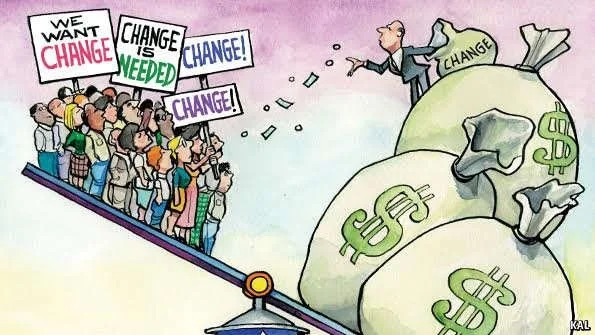Tariffs – who pays?
Background:
A tariff is a tax that a country levies on imported products and is usually charged as a percentage of the value of a product being imported.
In the U.S., tariffs are collected at the port of entry, which are controlled by Customs and Border Protection (CBP). In order to get the foreign goods cleared through customs and take delivery, the U.S. importers have to pay the duties to the CBP. The money paid on imported goods flows into the Department of the Treasury. Customs duties make up a small fraction of the federal government’s revenue. [find out the %]
Who Pays:
While it is the importer who is responsible for the actual payment of the tariff, the question remains as to who bears the burden of that cost, especially in cases where it is a new tariff that is imposed. In cases of new tariffs, the burden may be borne by anyone involved in the transaction, from the exporter to the importer to the end consumer. In cases where the importer has multiple sources across different countries they may be able to force the exporter to reduce the amount they are charging for the product in order to offset all or part of the tariff. On the other hand, in the case of certain specialized products there may only be one source, in which case the exporter is unlikely to make any price concessions and all of the tariff will be borne by the importer who in turn may pass some or all of it on to the end customer.
In the case of the U.S., how much duty consumers have to pay on each item depends a lot on the product and on the country from which the product comes into the U.S. On average, consumers have to bear about half to two-thirds of the tariffs on imported products, according to economists. The rest is absorbed by U.S. companies and/or foreign exporters.
The one thing we do know is that a tariff is a tax, and we also know that it is a tax that is not borne by the exporting country, but rather by some combination of the exporter, importer and end consumer.
Does Anyone Benefit?
From the above, it seems like everyone loses when you have tariffs as it pushes costs up for everyone involved. While that may be the case, there are some that do benefit and they are the domestic producers of the products that are now subject to tariffs, as by making imports more expensive, it allows domestic producers to both sell more and charge more for their products in their home markets. The one area where a strong case may be made for tariffs is in the case of developing economies where their industries need temporary protections in order to develop to the point where they can compete on the world stage. What is important to note is that these need to be temporary rather than permanent in order to drive improvements in the industry.




